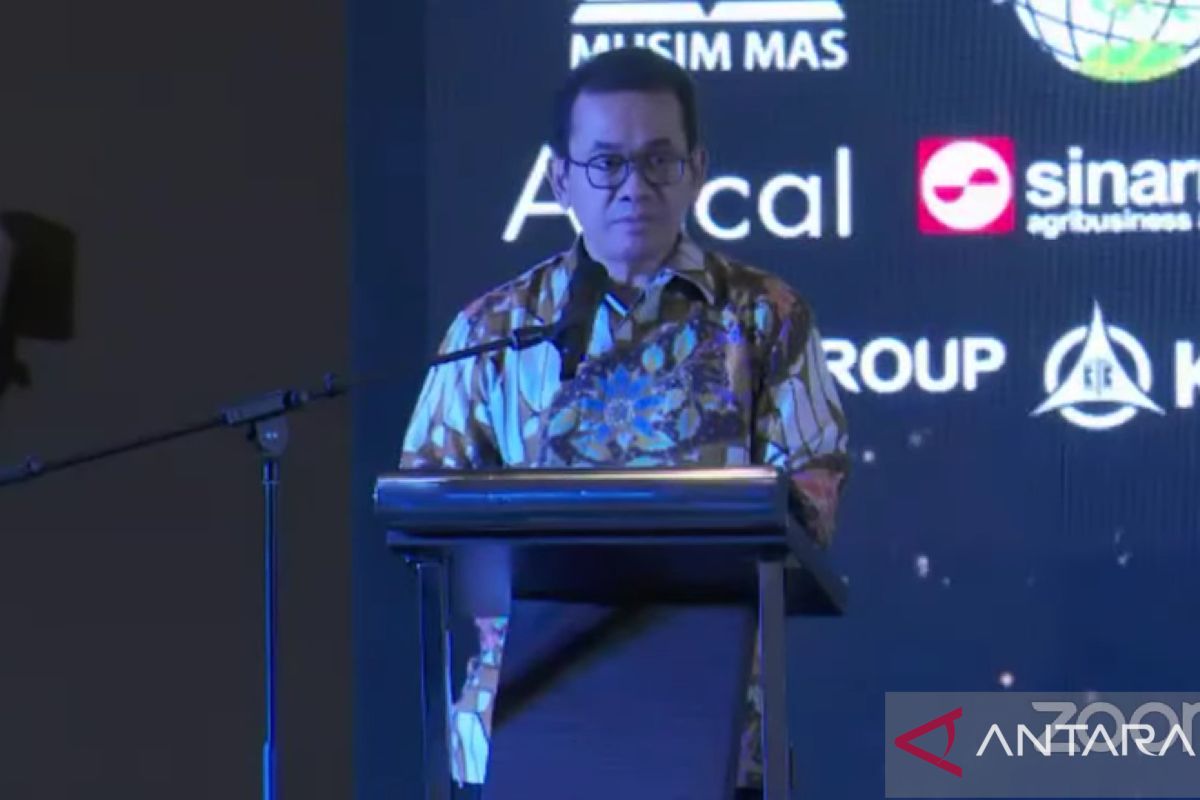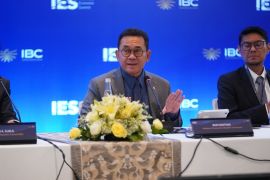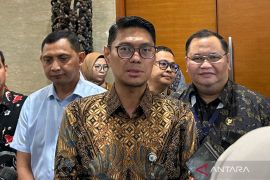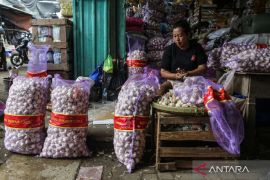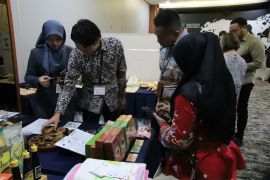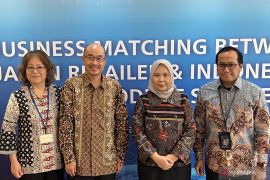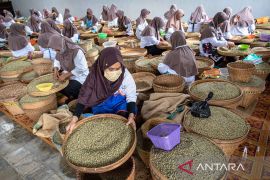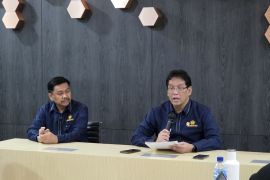We need strategies and policies for sustainable palm oil management that are recognized by trading partner countries and strengthen palm oil trade diplomacy. I invite stakeholders to support the government's policiesJakarta (ANTARA) - The Ministry of Trade has urged all stakeholders to support government policies regarding the management of palm oil as it is an important commodity in global trade. "We need strategies and policies for sustainable palm oil management that are recognized by trading partner countries and strengthen palm oil trade diplomacy. I invite stakeholders to support the government's policies," director general of foreign trade at the ministry, Budi Santoso, said during a discussion on "Optimizing Palm Oil Exports in Anticipation of Recession Impacts” here on Wednesday.
The government, through the Ministry of Trade, has issued policies that support palm oil governance—Minister of Trade’s Regulation (Permendag) Number 49 of 2022 concerning the management of the people's cooking oil program and Minister of Trade’s Regulation Number 50 of 2022 concerning the provisions for the export of crude palm oil, refined, bleached, and deodorized palm oil, refined, bleached, and deodorized palm olein, and used cooking oil, he added.
Related news: 3.4 mln hectares palm plantations in high conservation areas: govt
The policy, he said, is aimed at providing flexibility and convenience to business actors to optimize the supply of cooking oil at affordable prices for consumers as well as the supply of raw material at prices that are profitable for plantation managers.
“(This is) In order to simultaneously encourage national economic growth through export activities of palm products and their derivatives. It is hoped that the palm oil commodity will remain empowered in facing the dynamics of the global market," Santoso added.
Related news: GAPKI optimistic of palm oil industry protecting economy from crisis
He further informed that the Ministry of Trade has made several efforts to deal with the threat of a recession, which include empowering the domestic economy, strengthening local products, encouraging the Proud of Made in Indonesia Program, and downstreaming natural resource-based industries to meet domestic and export needs.
Based on data from Statistics Indonesia (BPS), Indonesia's trade balance in the January to October 2022 period experienced a surplus of US$45.52 billion. This achievement was dominated by non-oil and gas exports, in particular, CPO (crude palm oil) and its derivative products contributed US$28.5 billion or 12.4 percent to the total national non-oil exports.
"The palm oil industry and its derivatives have a very important role for the national economy because of its large, inclusive, and broad contribution. In the future, commodities will also become an important part of Indonesia's energy sovereignty as a source of renewable energy," he said.
Related news: WWF backs Indonesia-China sustainable palm oil trade
Related news: Palm oil firms should forge collaboration with farmers: Ministry
Translator: Adimas R, Azis Kurmala
Editor: Fardah Assegaf
Copyright © ANTARA 2022
